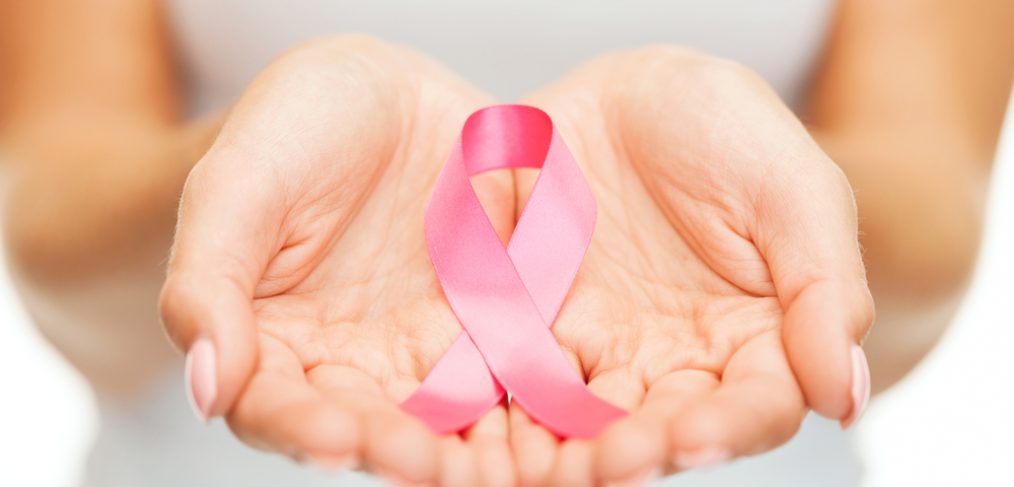
Study Identifies Resveratrol's Ability to Inhibit Cancer
A chemical found in the skin of red grapes and in red wine, is considered to be extremely effective in fighting cancer, even after the metabolism present in the human body converts this chemical into other compounds. Vine Vera reviews a study that was published in the Science Translational Medicine Journal confirms.
This study was conducted by a group of researchers working for the Department of Cancer Studies and Molecular Medicine at the University of Leicester. This study reveals that Resveratrol, a popular antioxidant found in red wine, doesn’t become ineffective after it has been metabolized by the body.
This proves to be an extremely important finding that shows the effectiveness of Resveratrol in the human body, because recent studies had shown that Resveratrol gets metabolized very quickly, thereby raising questions on its effectiveness. This new research also shows that Resveratrol can still be taken in by the cells, even after it has been transformed into Resveratrol sulfates by the body’s metabolism.
The study also shows that enzymes present within the cells manage to break down the Resveratrol sulfates back into Resveratrol. In fact, this study actually shows that Resveratrol might be even more effective once it is transformed from Resveratrol sulfates, because of the higher concentrations.
The team had administered Resveratrol sulfates into mice to further their research. They subsequently managed to detect the presence of free Resveratrol in a variety of tissues and the plasma of mice. This is the first direct sign of the fact that Resveratrol sulfates can be transformed back into Resveratrol by the body, thereby leading researchers to believe that the compound might be even more beneficial than initially thought.
The study also confirmed that the Resveratrol generated from the Resveratrol sulfates can actually slow down the growth of cancer cells by forcing them to digest their own constituents and preventing them from dividing further.
According to Professor Karen Brown, there is some serious evidence from the lab testings that Resveratrol can not just prevent a variety of cancers, but can also protect the body from heart diseases in order to extend the lifespan of the body. It is common knowledge that Resveratrol rapidly converts into sulfates in animals.
This means that the plasma concentrations of Resveratrol become low after administration. Professor Brown states that it was always difficult for experts to understand how Resveratrol managed to offer its benefits when the concentrations were so low. She also mentions that this was one of the main reasons why many experts were doubtful if Resveratrol had any effects whatsoever on humans.
However, the latest study has actually shown that the compound can be regenerated into a more potent form and that this compound can then offer biological activity to the body in order to make itself useful in treating all sorts of diseases. However, most of these discoveries have been made in laboratory settings. Whether or not the compound actually manages to offer such benefits to humans remains to be seen.
Dr. Sarah Williams, the health information officer of Cancer Research UK, mentioned that this study supports the continued research into Resveratrol. She also mentioned that it was important to note that none of the effects were because of drinking red wine and that consuming any sort of alcohol, red wine included, increases the chances of developing cancer.



